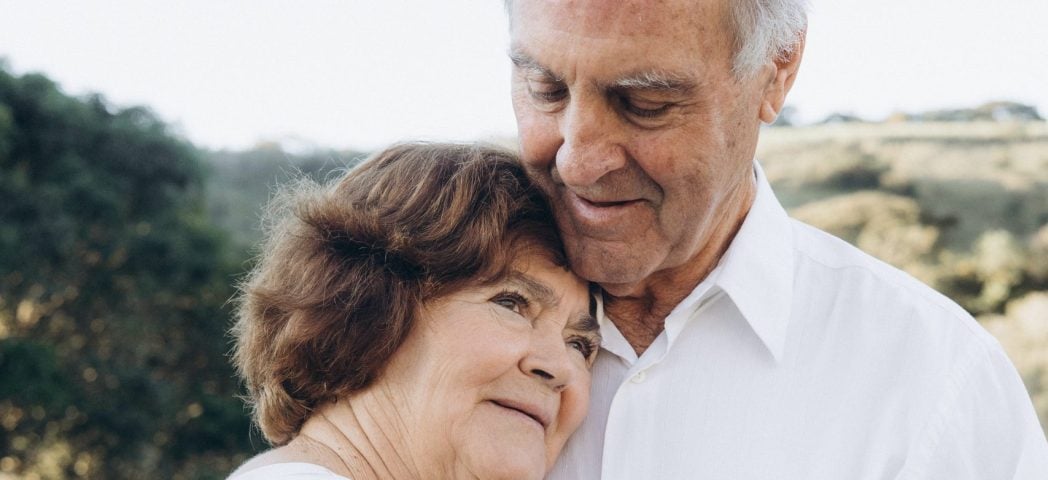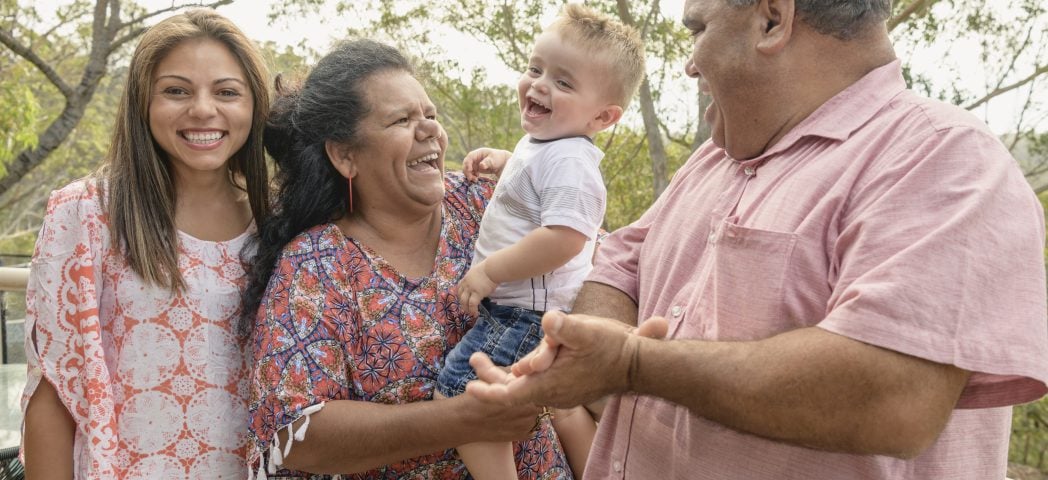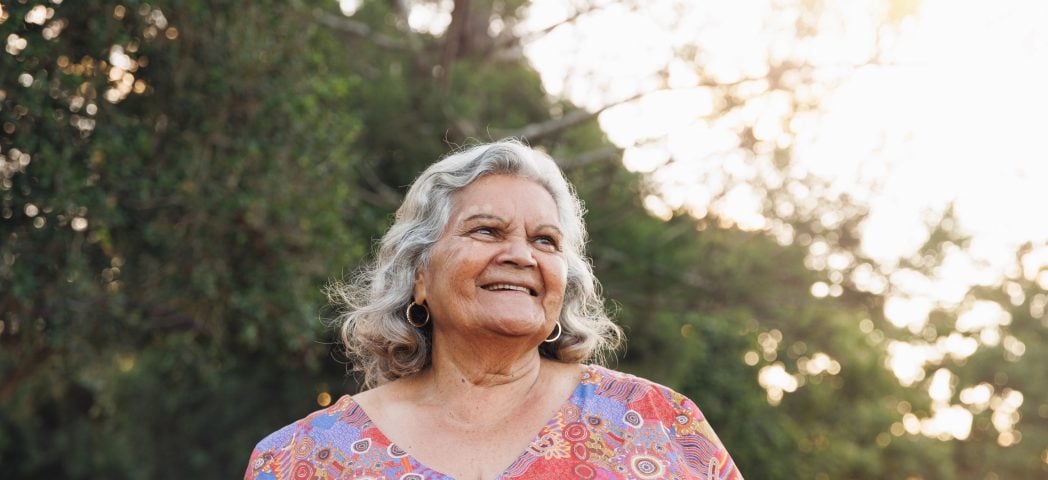Many people don’t see themselves as a carer or refer to themselves as a carer.
Most people just consider themself a partner, a spouse, a sibling, a parent, a child, a friend, a relative – of someone living with a mental illness.
Usually when your loved one becomes unwell, caring becomes something that you just naturally do. Nobody asks you to be a carer – you just assume the role. This might be because you see it as your duty and do so willingly, or for others, it might be due to cultural reasons, and you see it as being your responsibility. Sometimes if you don’t take care of your loved one, you wonder who else is going to do it.
Being a mental health carer for someone in your life may be rewarding for a lot of people, but it can also be quite challenging at times and may have a significant impact on your life e.g., financially, socially, physically, and mentally.
You don’t need to live with the person you care for to be considered a mental health carer, be the only person providing care to that person, or need to be providing care most of the time.
Additionally, you don’t need to be receiving a financial payment to be considered a mental health carer, e.g., the Carers Allowance, Carers Payment, Carer Supplement and/or the Carer Adjustment Payment from Centrelink.





